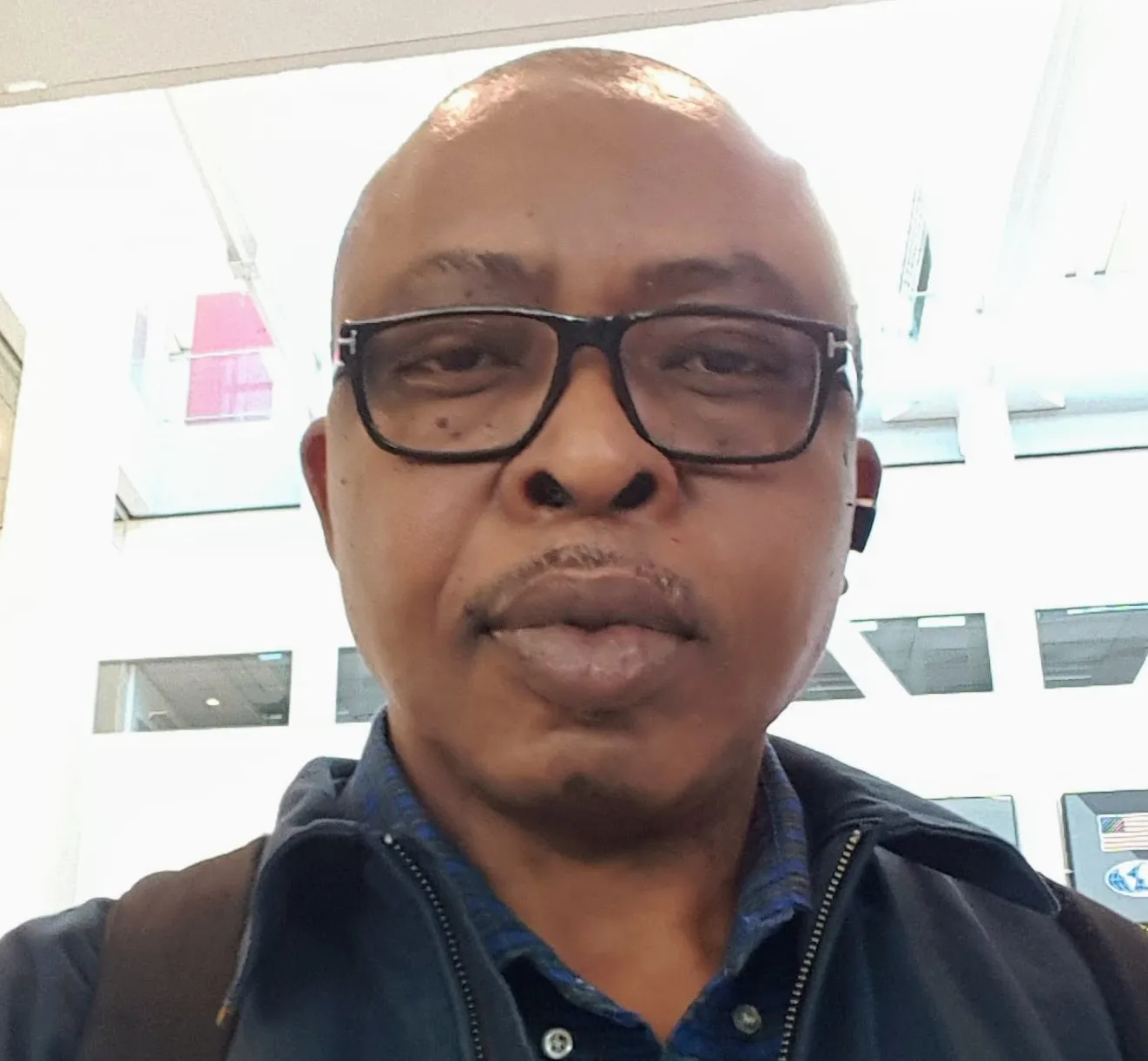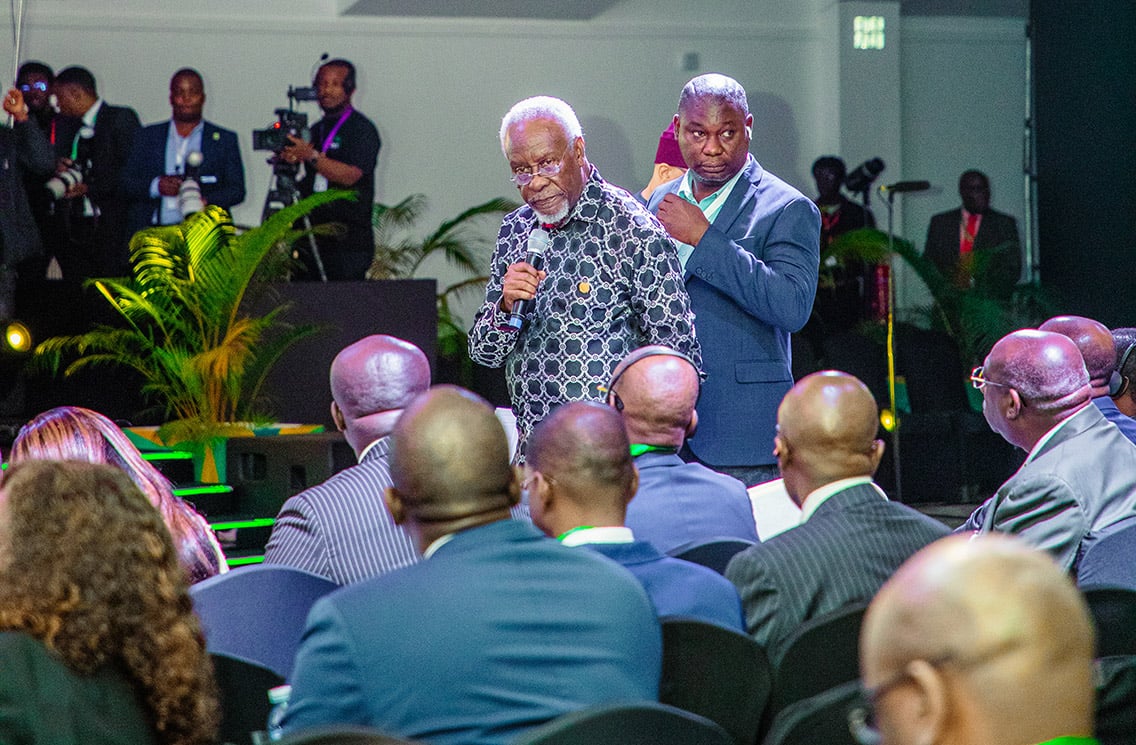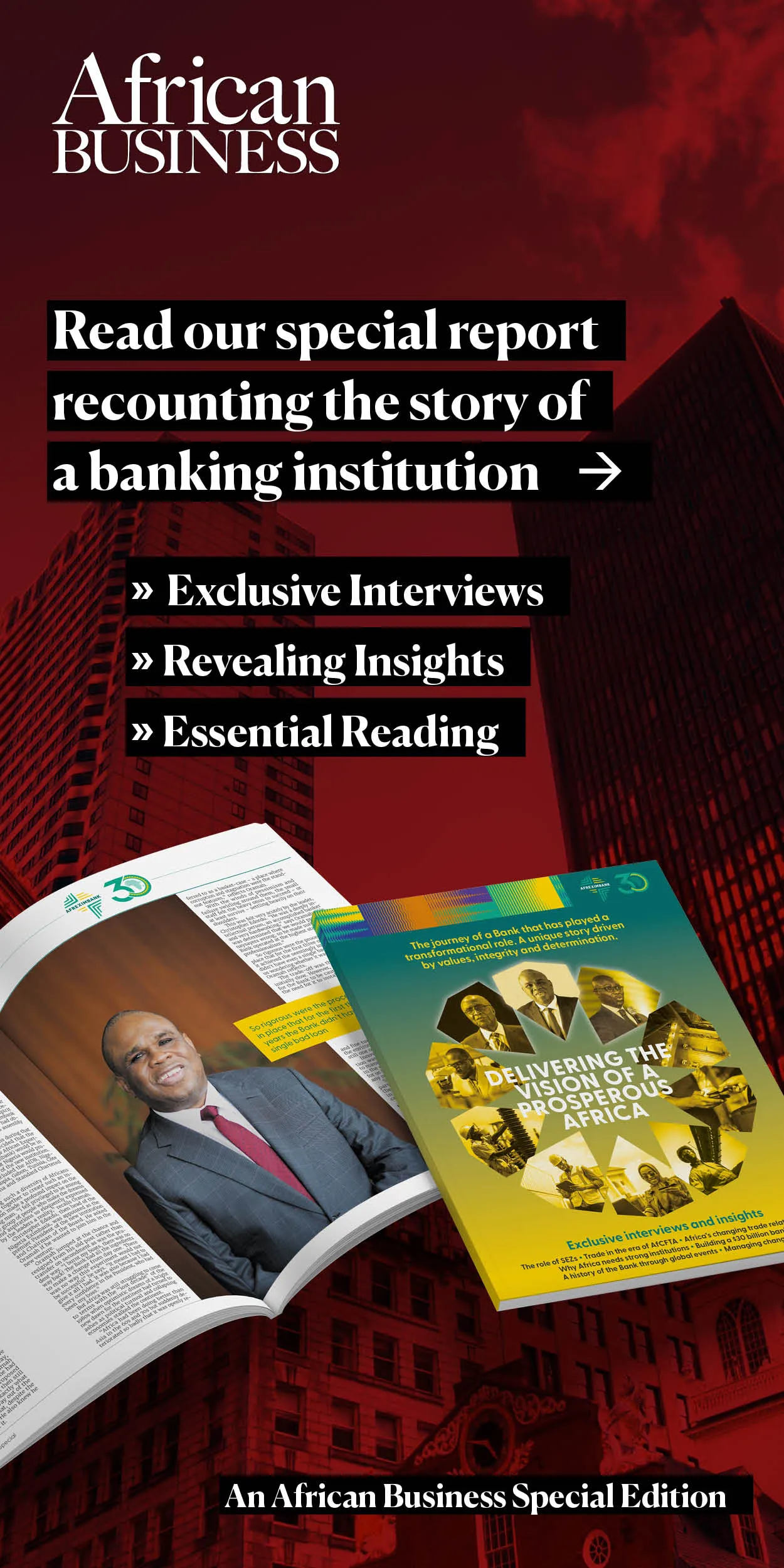This article was produced with the support of Afreximbank
Former Prime Minister of Jamaica James Patterson, in the Nigerian capital, Abuja, this week characterised the Caribbean countries as the sixth region of Africa.
“We share more than our common ancestry,” Patterson said in comments at a conference that was part of the annual general meeting of the African Export-Import Bank (Afreximbank), the continental trade bank. “The group leadership to which I belong came into office in a world where the international institutions determined the policies within which we were forced to operate.”
After decades of following the dictates of Western-dominated multilateral agencies and financial institutions, many Global South countries, including in Africa and the Caribbean, are experiencing buyer’s remorse. Rather than bring about development, those prescriptions are leaving their patients further mired in poverty and debt, leaving them nowhere near the promised land.
“The institutions that guide them were not created by us, and were not intended for the benefit and development of us,” continued Patterson. “We have to devise together our economic strategies, not in accordance with traditional policy models created for others, which are not suited for our particular countries.”
Comparing the International Monetary Fund and the World Bank to the United Nations, Patterson pointed out that it is not only at the Security Council that veto powers are exercised. They are also flexed in the board rooms of international financial institutions, where one country alone holds a 16.9% stake in the IMF, for instance, and loan disbursements are based on 80% approval by board members. He emphasised the need for Africans to not only control their resources but also deploy them for the continent’s development.
Patterson’s submissions set the tone for the discourse that unfolded on why Africa, despite its massive resource endowment, remains a laggard in development. Former President of Ghana Nana Akufo-Addo recapped on the importance of organisations such as Afreximbank in Africa’s development, recalling his country’s experience during the coronavirus pandemic.
“Afreximbank gave us $750 million at a time when we couldn’t access the capital markets of the world,” Akufo-Addo said. “Everybody had turned their back on us.”
For him, the experience buttressed the point that for Africa and its people to develop, they will need to be in control of the institutions that provide the required funding. Due to the prejudiced judgment of African countries by these institutions, African borrowers are forced to pay a premium to receive less funding than even less qualified European borrowers. “If you don’t control the institutions of finance, you will not be able to fund your development,” the former Ghanaian leader said.
Among the solutions Akufo-Addo suggested was making it mandatory for African governments to keep, at least, 30% of their gross reserves with African multilateral institutions as one of the ways of getting the continent’s capital to work for it. Most of all, Africa’s current circumstances make continental monetary union an urgent task, he said.
Several speakers noted the hurdles created by Africa’s use of a multiplicity of currencies, a problem also replicated to some extent in the Caribbean countries. With the transition to monetary still looking a long way off, options suggested by the Prime Minister, Philip Davis of the Bahamas, include using digital or voucher currencies. “Digital currencies could facilitate trade between the Caricom and Africa,” he said. “We can also move to a voucher currency to facilitate trade.”
For the Prime Minister of Grenada, Dickon Mitchell, there is an obvious need to seek a consolidation of existing currencies, ideally “creating an African currency that includes the diaspora,” he said. Though many currencies in the Caribbean, for instance, are tied to the U.S. dollar, the need for that will decline “if we have the currencies to trade with ourselves,” he said.
All of which underscore the need for increased economic collaboration within Africa and between Africa and its diaspora, a task Afreximbank, under the leadership of outgoing President Benedict Oramah, has pursued with energy in recent years. To accelerate development in the coming years, Africa needs to pursue infrastructure projects that go beyond national borders and enhance regional cooperation, according to Tanzania’s Vice President Philip Mpango. There should be more railways and highways linking the continent, as well as more collaboration on power and fuel supply. “We can collaborate as Africans, for instance, to ensure that energy inflation is contained,” Mpango said.

 Sign in with Google
Sign in with Google 
